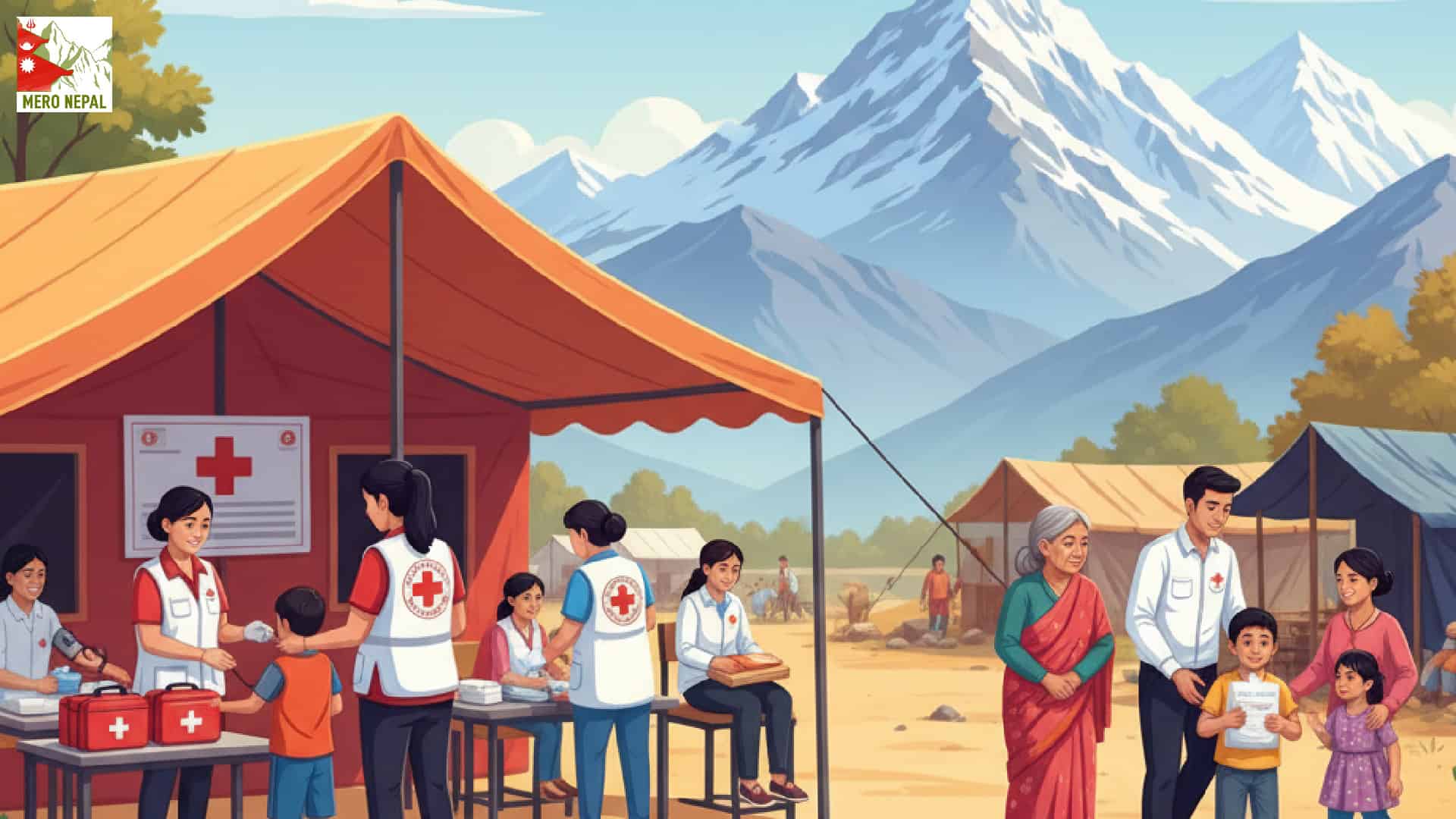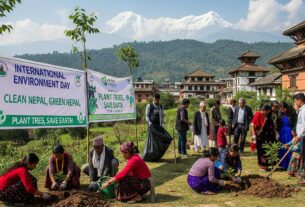World Red Cross Day is observed every year on May 8. This day is dedicated to honoring the humanitarian work, service, and emergency assistance efforts of the Red Cross and Red Crescent Societies. In Nepal, the day is celebrated to raise awareness about social service, health, and emergency preparedness.
World Red Cross Day reminds people of the values of humanity, compassion, and cooperation. During natural disasters, epidemics, and conflicts, Red Cross volunteers play a crucial role in saving lives and providing healthcare services.
Red Cross Contributions in Nepal
The Nepal Red Cross Society (NRCS) is active across multiple sectors, implementing social service and health programs nationwide. Key contributions include:
Emergency Relief Operations – Immediate aid during earthquakes, floods, landslides, and other natural disasters.
Health Services – Organizing free health checkups, medical camps, and blood donation drives.
Volunteer and Community Awareness Programs – Educating local communities on health, safety, and emergency preparedness.
Blood Donation Campaigns – Regular drives to ensure sufficient blood supply for emergencies.
Child and Education Programs – Initiatives to improve child health and education outcomes.
Mero Nepal:
“Stay updated on community service events, health camps, and volunteer opportunities across Nepal with the Mero Nepal app. Download now to easily access information about local programs and blood donation campaigns and contribute to making a difference!”
Importance of Volunteerism
Volunteering is an opportunity to understand the value of human life, compassion, and humanity. In Nepal, Red Cross volunteers contribute to healthcare, education, and emergency relief in both rural and urban areas. Volunteerism creates a positive social impact, fostering cooperation, community spirit, and collaboration. Volunteers not only save lives but also spread the spirit of service in society.
Activities on World Red Cross Day in Nepal
Nepal organizes various activities on World Red Cross Day to highlight the importance of service and volunteerism:
Public Programs – Seminars, rallies, and workshops at schools, colleges, and public spaces.
Blood Donation Drives – Organizing blood donation camps to save lives.
Disaster Preparedness Drills – Training exercises for emergencies such as earthquakes, floods, and landslides.
Volunteer Recognition – Honoring and motivating active volunteers.
Social Awareness Programs – Educating the public about health, environment, and emergency preparedness.
Youth and Child Volunteer Programs – Promoting service and social responsibility among the younger generation.
Message of World Red Cross Day
World Red Cross Day reminds us that humanity, service, and cooperation are the foundations of life. The day emphasizes both individual and collective responsibility. Red Cross volunteers save lives in critical situations, provide healthcare, and bring positive change to communities.
In Nepal, the day promotes volunteerism, improves emergency preparedness, and highlights the importance of health, safety, and humanitarian values.
Conclusion
World Red Cross Day highlights the significance of humanity, service, and social responsibility in Nepal. The contributions of Red Cross volunteers are crucial for saving lives, delivering healthcare, and keeping communities safe. This day is an opportunity to reflect on compassion, cooperation, and responsibility toward society.





